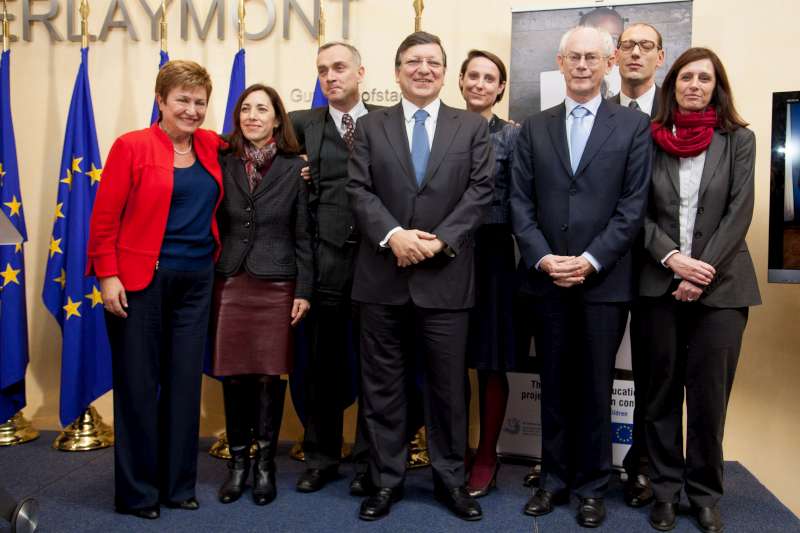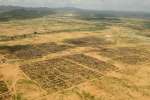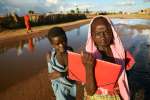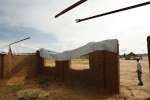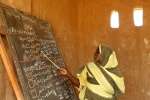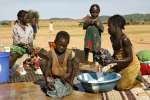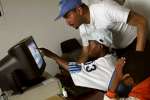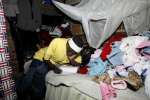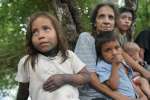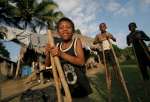- Text size
 |
|  |
|  |
| 
- عربي
UNHCR hails EU decision to donate Nobel funding for children
News Stories, 19 December 2012
GENEVA, December 19 (UNHCR) – The UN refugee agency on Wednesday welcomed the decision by the Nobel Peace Prize-winning European Union to donate some of the cash award to help UNHCR improve access to education for thousands of Colombian children.
European Commission President José Manuel Barroso announced in Brussels on Tuesday that the EU would be donating the prize money from this year's Nobel award, plus its own matching amount, to four humanitarian projects benefitting 23,000 children affected by conflict and forced displacement worldwide. The donations are worth a total 2 million euros.
This included 400,000 euros for UNHCR's project to provide educational support for 5,600 Colombian children, including refugees in Ecuador (4,900) and children of indigenous groups (700) threatened by displacement. The support will include scholarships, provision of school uniforms and materials. In addition, schools in poor neighbourhoods will be renovated, benefitting both the displaced and local children.
"We are delighted that the European Union has chosen to support the most vulnerable victims of a crisis that does not make the headlines very often," said High Commissioner for Refugees António Guterres. "Education is one of the most pressing needs for Colombian children affected by the conflict, and it is an important gesture to share this prize with them."
The other organizations to receive EU funding are all UNHCR partners and include France's ACTED for a project to provide protection and education to 4,000 refugee children in northern Iraq's Domiz refugee camp; Save the Children and the Norwegian Refugee Council for a project to provide education and protection to 11,000 children in Democratic Republic of the Congo and Ethiopia; and UNICEF for a project to provide learning opportunities to 3,000 children affected by conflict in Pakistan.
The EU was awarded this year's Nobel Peace Prize for its work over the past six decades in advancing peace in Europe since the Second World War. UNHCR itself has won the Nobel Peace Prize twice, in 1954 and 1981.
Colombians continue to suffer the effects of an armed conflict that has persisted for decades. There are more than 3.8 million people officially registered as forcibly displaced within Colombia and tens of thousands of refugees, including more than 55,000 registered in Ecuador.
The EU was UNHCR's third biggest donor in 2012. It funds primarily humanitarian aid with a focus on the victims of forgotten crises. At the same time, the EU supports UNHCR's longer-term objectives both within and outside of Europe, including socio-economic reintegration of returnees and development of asylum systems.
:
